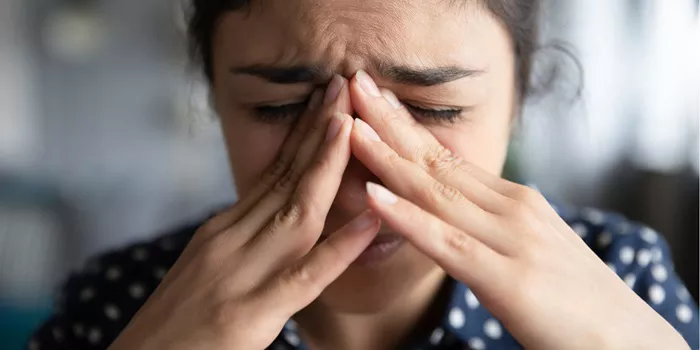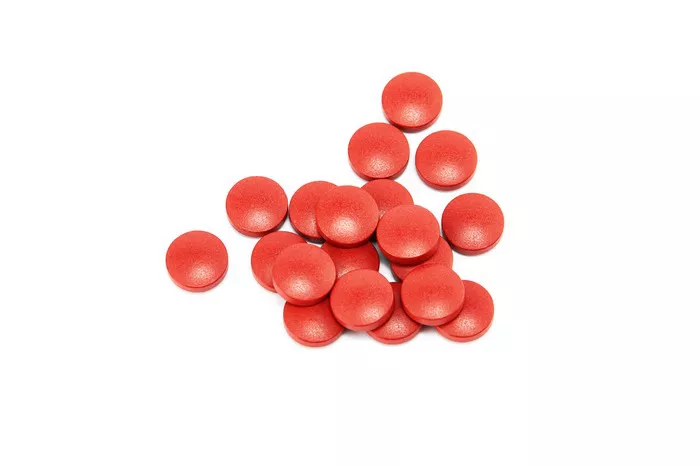Sunny days, beach vacations, outdoor picnics — summer often lifts our spirits. For many, this is true. Yet there is another side to the story.
“During periods of extreme heat, we begin to see real impacts on mental health,” said Dr. Joshua Wortzel, a psychiatrist at Hartford Healthcare. “High temperatures affect everything—from sleep quality to mood to cognitive function.”
This article explores how hot weather may influence your mental well-being and what steps you can take to protect yourself.
When Heat Can Help
There is good news: evidence suggests that heat therapy, such as sauna use, can help alleviate symptoms of depression. Studies have found that regions with higher average temperatures tend to report lower rates of some mental health disorders.
Dr. Wortzel cautions, however, to distinguish heat from sunlight. “Many benefits come more from exposure to natural light rather than temperature alone,” he noted.
But extreme heat carries risks.
Risks of Extreme Heat
Recent research links elevated body temperature with worsening mental health outcomes, including higher suicide rates, increased aggression, cognitive decline, and disrupted sleep.
“Heat affects the brain and body in multiple ways,” explained Dr. Wortzel. “When nighttime temperatures exceed 70 degrees Fahrenheit (about 21 degrees Celsius), sleep quality typically declines. Poor sleep is associated with depression, anxiety, and other psychological issues.”
Heat can also sap motivation to exercise — a key activity for maintaining mental health. “There is strong evidence that physical activity reduces depression. If it’s too hot to be active, that’s problematic,” he added.
Greater Vulnerability for Those with Mental Illness
Individuals with existing psychiatric conditions are more susceptible to heat-related harm. “We know that people with depression often have elevated core body temperatures, while those with schizophrenia tend to have lower core temperatures and worse responses to heat stress,” Dr. Wortzel said.
Certain psychiatric medications may impair the body’s ability to regulate temperature. “Antipsychotics, antihistamines, and other drugs can interfere with sweating and thermoregulation, sometimes even reducing awareness of overheating,” he explained.
However, he strongly advises patients not to stop medications without consulting their doctors. Instead, he recommends taking extra precautions to stay cool, especially during heatwaves, as risks remain even indoors.
Does Outdoor Time Help?
Moderate exposure to nature can benefit mental health. “Vitamin D levels, which are linked to depression, increase with sunlight exposure,” Dr. Wortzel said. “Bright light—especially in the morning—helps regulate circadian rhythms and improve mood.”
Simply sitting near a sunny window is usually not enough; 20 to 30 minutes in bright outdoor light is ideal for these effects.
“Overall, nature has a calming effect,” he added. “Research increasingly shows that green spaces reduce stress and enhance mood.”
There is an additional benefit: greenery can significantly lower temperatures. “Large shaded parks can be seven to eight degrees Fahrenheit cooler than urban streets at midday,” he pointed out.
Bottom Line: Enjoy Summer, But Stay Cool
If you enjoy summer, there is much to appreciate about warm weather’s positive mental health effects. However, during heatwaves, it is crucial to keep cool and take simple precautions:
-
Use air conditioning or fans at night to improve sleep.
-
Exercise during cooler parts of the day, such as mornings or evenings.
-
Stay well hydrated.
-
Spend time in shaded green spaces, like parks.
-
Consult your doctor if you take medications that affect heat tolerance.
“Hot weather is not inherently harmful to mental health,” Dr. Wortzel concluded. “But extreme heat can cause damage. Awareness and protective measures are key to staying safe.”
Related Topics

































